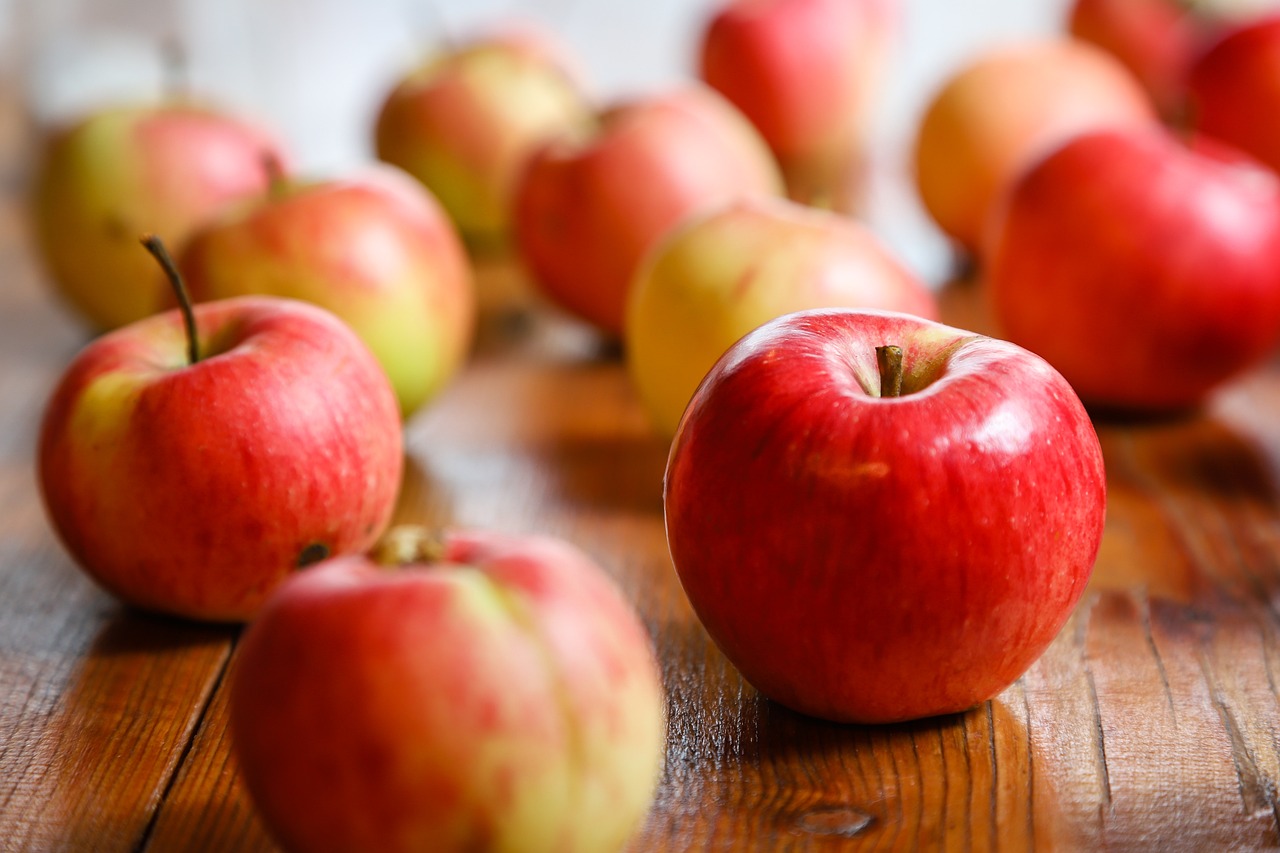“`html
In an age where health and wellness dominate discussions about diet and nutrition, the term “nutrient-dense foods” has gained significant traction. But what exactly are nutrient-dense foods, and why should they be a staple in your diet? These foods offer the maximum amount of nutrients for the least number of calories, meaning they pack a powerful punch in terms of vitamins, minerals, fiber, and other important compounds. Incorporating nutrient-dense foods into your meals can play a crucial role in boosting your overall health and well-being.
What Are Nutrient-Dense Foods?
Nutrient-dense foods are those that provide a high level of nutrients relative to their calorie count. Unlike calorie-dense foods, which may be high in energy but low in nutritional value, nutrient-dense foods help meet dietary needs while keeping calorie intake in check. Here are some key characteristics:
- High in Essential Nutrients: These foods are rich in vitamins, minerals, fiber, and antioxidants.
- Low in Empty Calories: They tend to be low in added sugars and unhealthy fats.
- Promote Satiety: Nutrient-dense foods are often high in fiber and protein, helping to keep you full longer.
Benefits of Consuming Nutrient-Dense Foods
Integrating nutrient-dense foods into your daily diet can have a plethora of health benefits. Here are some of the most significant:
- Weight Management: By choosing lower-calorie, high-nutrient foods, you can maintain a healthier weight.
- Improved Energy Levels: Nutrient-rich foods fuel your body effectively, leading to increased energy and improved mental clarity.
- Reduced Chronic Disease Risk: Diets rich in nutrient-dense foods are associated with lower risks of heart disease, diabetes, and certain cancers.
- Better Digestive Health: Many nutrient-dense foods are also high in fiber, promoting a healthy gut.
Examples of Nutrient-Dense Foods
Understanding which foods are nutrient-dense can help you make smarter dietary choices. Here are some top examples:
- Leafy Greens: Spinach, kale, and Swiss chard are packed with vitamins A, C, and K, as well as iron and calcium.
- Berries: Blueberries, strawberries, and raspberries are high in antioxidants and fiber while being low in calories.
- Legumes: Beans, lentils, and chickpeas are rich in protein, fiber, and various essential nutrients.
- Nuts and Seeds: Almonds, walnuts, chia seeds, and flaxseeds provide healthy fats, protein, and fiber.
- Fish: Salmon, sardines, and mackerel are high in omega-3 fatty acids and vital nutrients.
How to Incorporate Nutrient-Dense Foods into Your Diet
Incorporating these foods into your meals can be straightforward and delicious. Here are some practical tips:
1. Start with Breakfast
- Opt for oatmeal topped with berries and nuts to create a nutrient-packed morning meal.
- Include spinach or kale in your smoothie for a green nutrient boost.
2. Make Smart Snacking Choices
- Choose nuts and seeds or cut vegetables paired with hummus over chips or sweets.
- Have Greek yogurt with a sprinkle of fruit for a satisfying snack.
3. Experiment with New Recipes
- Try quinoa salads loaded with various vegetables and legumes for lunch.
- Explore different fish recipes to add to your dinner rotation, ensuring you include omega-3-rich options.
Shopping for Nutrient-Dense Foods
When purchasing nutrient-dense foods, consider the following tips:
- Shop the Perimeter: Produce, meats, and dairy products are often found around the store’s edges, unlike processed foods typically found in the aisles.
- Read Labels: Pay attention to the nutritional information to choose whole foods with few ingredients.
- Buy Seasonal: Seasonal produce is often fresher and more nutrient-rich.
Conclusion
Nutrient-dense foods are a vital component of a healthy diet. By making conscious decisions to include more of these foods in your meals, you not only enhance your nutritional intake but also contribute positively to your overall health. From improving energy levels to reducing the risk of chronic diseases, the benefits are profound and well worth the effort. Remember, the key is to embrace variety and enjoy the process of discovering new nutrient-dense foods that you can incorporate into your diet. Start today, and take a step towards a healthier, more vibrant you!
“`






